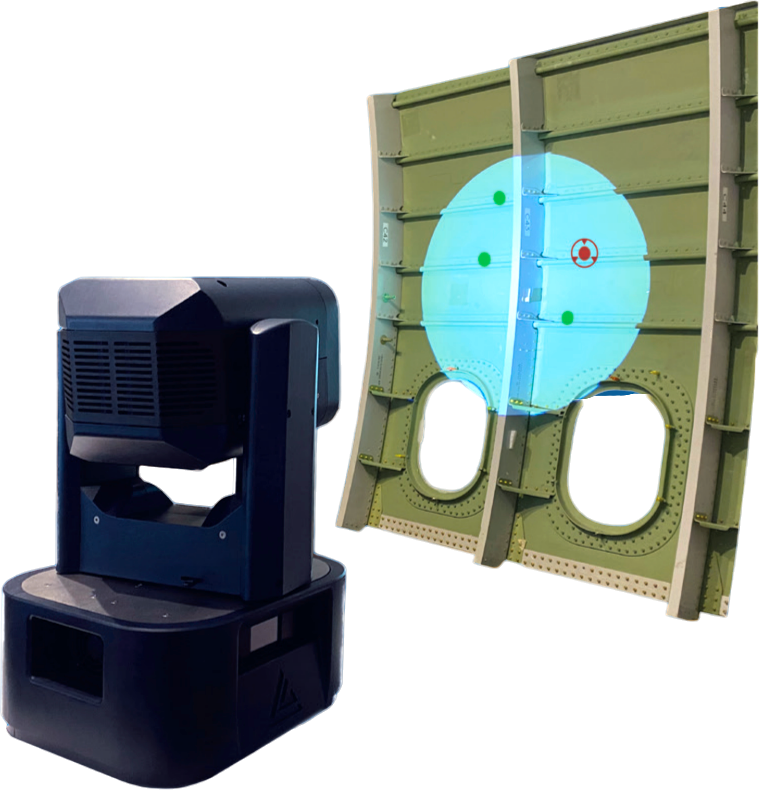01
Analyze
Components
Will work up to 40ft away, analyzing 1,500 components per hour
The purpose of LYNX is to verify that everything is installed and no components are missing. See the example below, where the fastener is mounted in the wrong position.
